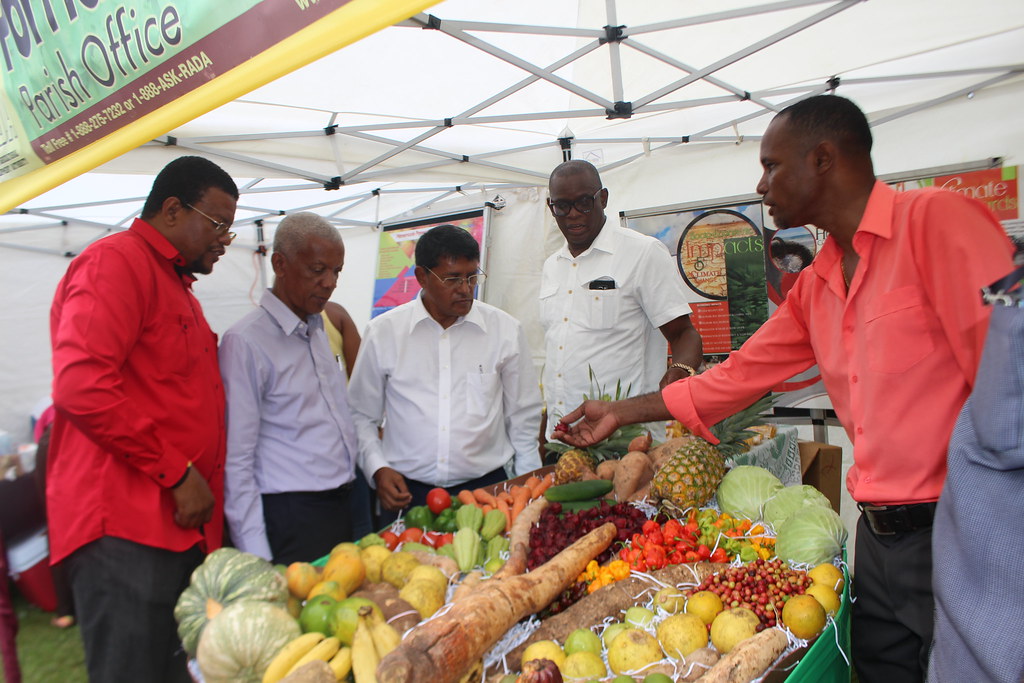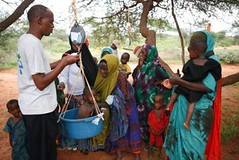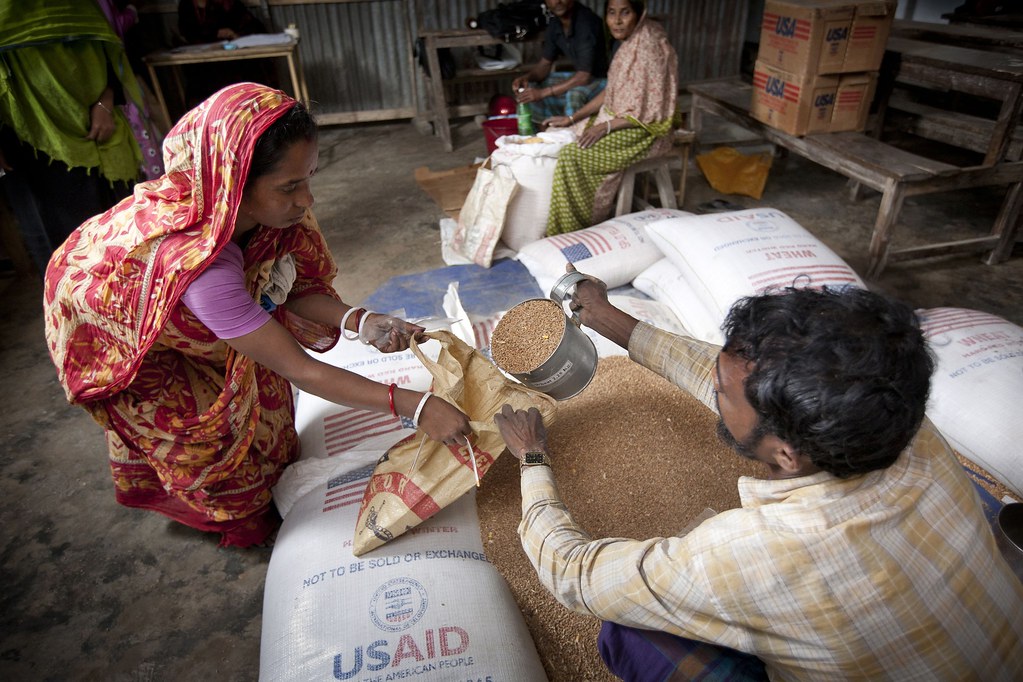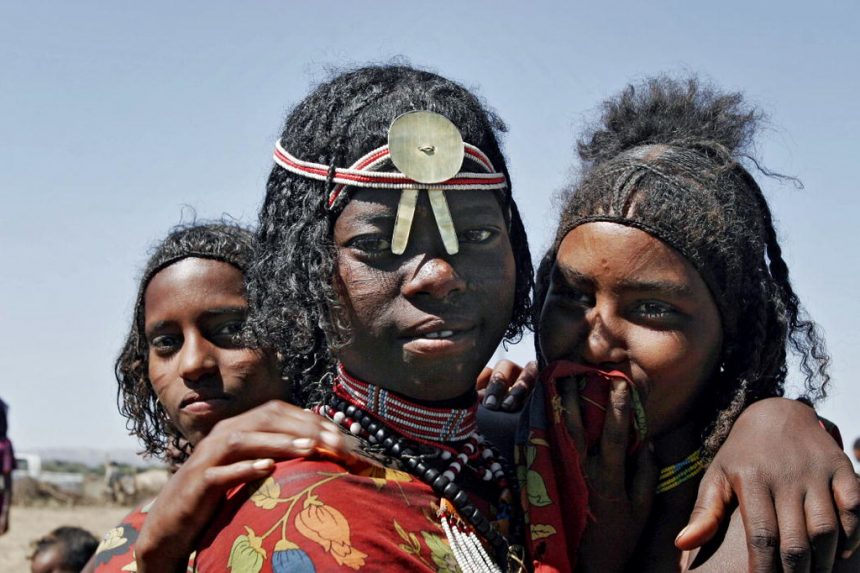On October 16, as we commemorate World Food Day in the year 2023, it’s imperative that we reflect on the global efforts to combat hunger, poverty, and inequality. Amidst the challenges we face, there shines a beacon of hope in the form of World Vision’s Livelihoods & Food Security Programme, which is making significant strides towards achieving the Sustainable Development Goals (SDGs) and transforming the lives of countless children and families.
World Vision Bangladesh’s commitment to SDG 1 (No poverty), SDG 2 (No hunger), SDG 5 (Gender equality), and SDG 8 (Good jobs and economic growth) is a testament to its dedication to improving child well-being and fostering resilience in vulnerable households. Through this programme, the organization is empowering communities to break free from the shackles of poverty and food insecurity, paving the way for a brighter tomorrow.

One of the cornerstones of World Vision Bangladesh’s approach is the graduation of the most vulnerable families from extreme poverty. By providing essential resources, financial education, technical training, life skills coaching, and social support, families embark on a transformative journey toward self-reliance. This graduation model not only uplifts individuals but also restores their dignity as they gain the means to care for their children.
Simultaneously, World Vision Bangladesh is addressing the critical issue of food security by strengthening food production, resilience, and access to markets and financial services. By empowering farmers to produce nutritious food and access markets, the organization is not only improving household nutrition but also creating opportunities for economic growth.
Crucially, World Vision Bangladesh recognizes the importance of sustainable employment opportunities and market systems. Through private-sector partnerships, communities are gaining access to goods, services, and employment opportunities, contributing to the realization of SDG 8.
Two core programming models, the Ultra-poor graduation (UPG) and Building Secure Livelihoods (BSL), form the backbone of World Vision’s approach. UPG ensures that those living in extreme poverty receive the support and training needed to become self-reliant. Meanwhile, BSL provides a comprehensive pathway out of poverty, enabling families to build productive and resilient livelihoods.
World Vision Bangladesh’s collaboration with governments to strengthen the implementation of national nutrition programs is a testament to its commitment to broader national development goals. This partnership aligns with Bangladesh’s aim to ensure that the country achieves its food and nutrition security-related Sustainable Development Goals (SDGs) and fulfils the relevant national and international commitments by 2030.

In the coming years, World Vision Bangladesh aims to address the needs of 100,143 children through its livelihood interventions, marking a significant step towards a hunger-free world. As we celebrate World Food Day in 2023, let us stand together in support of organizations like World Vision, which are tirelessly working to create a brighter, more equitable future for children and families worldwide. With dedication, partnership, and resilience, we can build a world where no child goes to bed hungry and every family has the opportunity to thrive.
In conclusion, as we mark World Food Day in 2023, it is vital to take stock of the global efforts aimed at eradicating hunger, poverty, and inequality. In the midst of these challenges, World Vision’s Livelihoods & Food Security Programme, particularly exemplified by World Vision Bangladesh, stands as a beacon of hope and progress. This program has shown unwavering dedication to achieving the Sustainable Development Goals, transforming the lives of countless children and families, and creating a more equitable world.
World Vision Bangladesh’s commitment to multiple SDGs, including no poverty, no hunger, gender equality, and economic growth, is a testament to its holistic approach to improving child well-being and building resilience in vulnerable households. At its core, the program focuses on lifting the most vulnerable families out of extreme poverty by providing them with essential resources, financial education, technical training, life skills coaching, and social support. This approach not only uplifts individuals but also restores their dignity and empowers them to care for their children.
Furthermore, World Vision Bangladesh has made significant strides in addressing the critical issue of food security by strengthening food production, resilience, and access to markets and financial services. By empowering farmers to produce nutritious food and facilitating access to markets, the organization is not only enhancing household nutrition but also fostering economic growth and stability.
The recognition of sustainable employment opportunities and market systems by World Vision Bangladesh, in partnership with the private sector, is instrumental in realizing the Sustainable Development Goal 8. This demonstrates the organization’s commitment to creating comprehensive solutions to poverty and food insecurity.
The two core programming models, Ultra-poor graduation and Building Secure Livelihoods, serve as the foundation of World Vision’s approach. These models provide a pathway out of poverty, enabling families to build productive and resilient livelihoods.
World Food Day
World Vision Bangladesh’s collaboration with governments to enhance the implementation of national nutrition programs showcases a commitment to broader national development goals. This partnership aligns with the vision of improving health, livestock farming, aquaculture, and efficient water resource management.

As we look to the future, World Vision Bangladesh’s aim to address the needs of over 100,000 children through its livelihood interventions is a remarkable step toward a world free from hunger. This World Food Day, let us stand in support of organizations like World Vision, which work tirelessly to create a brighter, more equitable future for children and families worldwide. With dedication, partnership, and resilience, we can strive for a world where no child goes to bed hungry and where every family has the opportunity to thrive.






